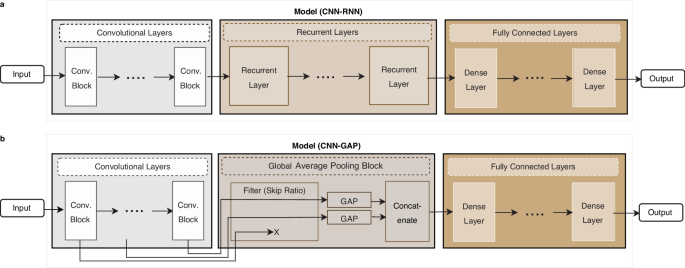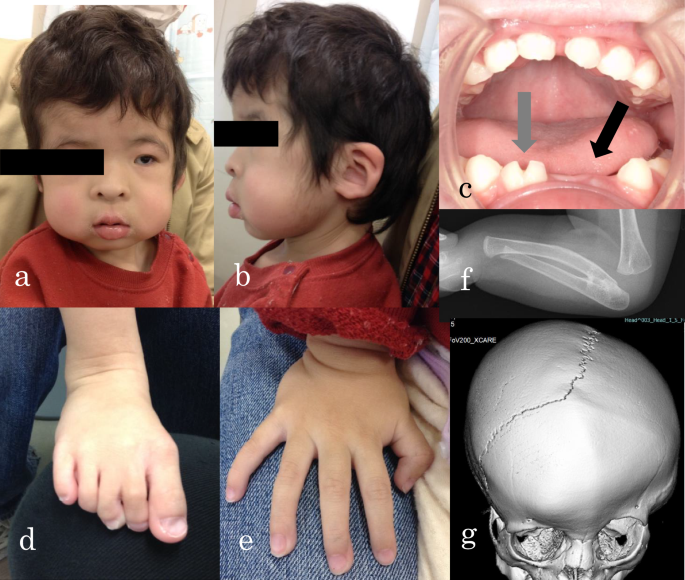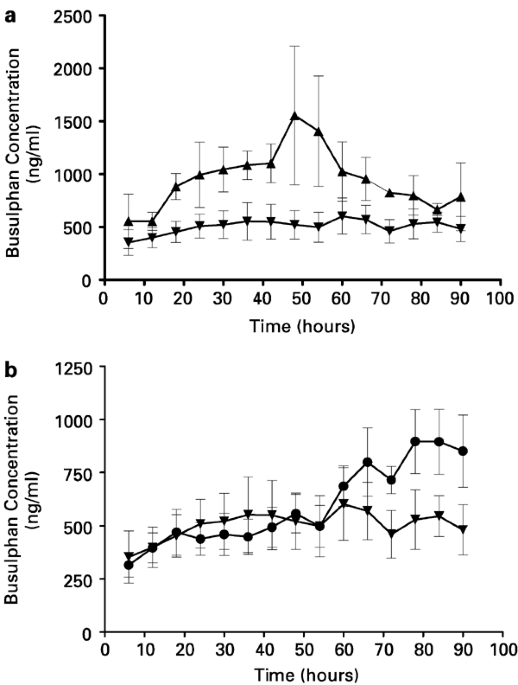- Select a language for the TTS:
- UK English Female
- UK English Male
- US English Female
- US English Male
- Australian Female
- Australian Male
- Language selected: (auto detect) - EN
Play all audios:
ABSTRACT Tumour necrosis factor (TNF) is directly cytolytic to certain tumour cell lines in vitro, although TNF-resistant variants can be selected from these susceptible lines by exposure to
TNF. While studying TNF-susceptible L929 cells and their resistant variant, L929/R, we noted that within L929 colonies the cells were widely spaced whereas they were closely packed in
L929/R colonies. L929/R cells also adhered more strongly to plastic and differed from L929 in cell shape. Similar observations were made with TNF susceptible and resistant variants of two
other cell lines (RK13 and a plastic adherent U937 subline). The tendency of resistant cells to grow closely together suggests the possibility of inter-cell communication for the TNF
resistant state. However, like L929 and U937, L929/R and U937/R did not communicate by gap junctions and we could find no evidence of extracellular mediators of TNF resistance. Rather the
differences in colonial morphology, cell shape and plastic adherence may be secondary to an underlying mechanism which defines TNF susceptibility/resistance. Access through your institution
Buy or subscribe This is a preview of subscription content, access via your institution ACCESS OPTIONS Access through your institution Subscribe to this journal Receive 24 print issues and
online access $259.00 per year only $10.79 per issue Learn more Buy this article * Purchase on SpringerLink * Instant access to full article PDF Buy now Prices may be subject to local taxes
which are calculated during checkout ADDITIONAL ACCESS OPTIONS: * Log in * Learn about institutional subscriptions * Read our FAQs * Contact customer support SIMILAR CONTENT BEING VIEWED BY
OTHERS TUMOUR CELL APOPTOSIS MODULATES THE COLORECTAL CANCER IMMUNE MICROENVIRONMENT VIA INTERLEUKIN-8-DEPENDENT NEUTROPHIL RECRUITMENT Article Open access 04 February 2022 CELL-INTRINSIC
AND MICROENVIRONMENTAL DETERMINANTS OF METASTATIC COLONIZATION Article 07 May 2024 APPLYING HIGH-DIMENSIONAL SINGLE-CELL TECHNOLOGIES TO THE ANALYSIS OF CANCER IMMUNOTHERAPY Article 04
December 2020 AUTHOR INFORMATION AUTHORS AND AFFILIATIONS * Department of Medical Microbiology, University of Wales College of Medicine, Health Park, Cardiff, UK N Matthews Authors * N
Matthews View author publications You can also search for this author inPubMed Google Scholar * ML Neale View author publications You can also search for this author inPubMed Google Scholar
RIGHTS AND PERMISSIONS Reprints and permissions ABOUT THIS ARTICLE CITE THIS ARTICLE Matthews, N., Neale, M. Relationship between tumour cell morphology, gap junctions and susceptibility to
cytolysis by tumour necrosis factor. _Br J Cancer_ 59, 189–193 (1989). https://doi.org/10.1038/bjc.1989.39 Download citation * Issue Date: 01 February 1989 * DOI:
https://doi.org/10.1038/bjc.1989.39 SHARE THIS ARTICLE Anyone you share the following link with will be able to read this content: Get shareable link Sorry, a shareable link is not currently
available for this article. Copy to clipboard Provided by the Springer Nature SharedIt content-sharing initiative









